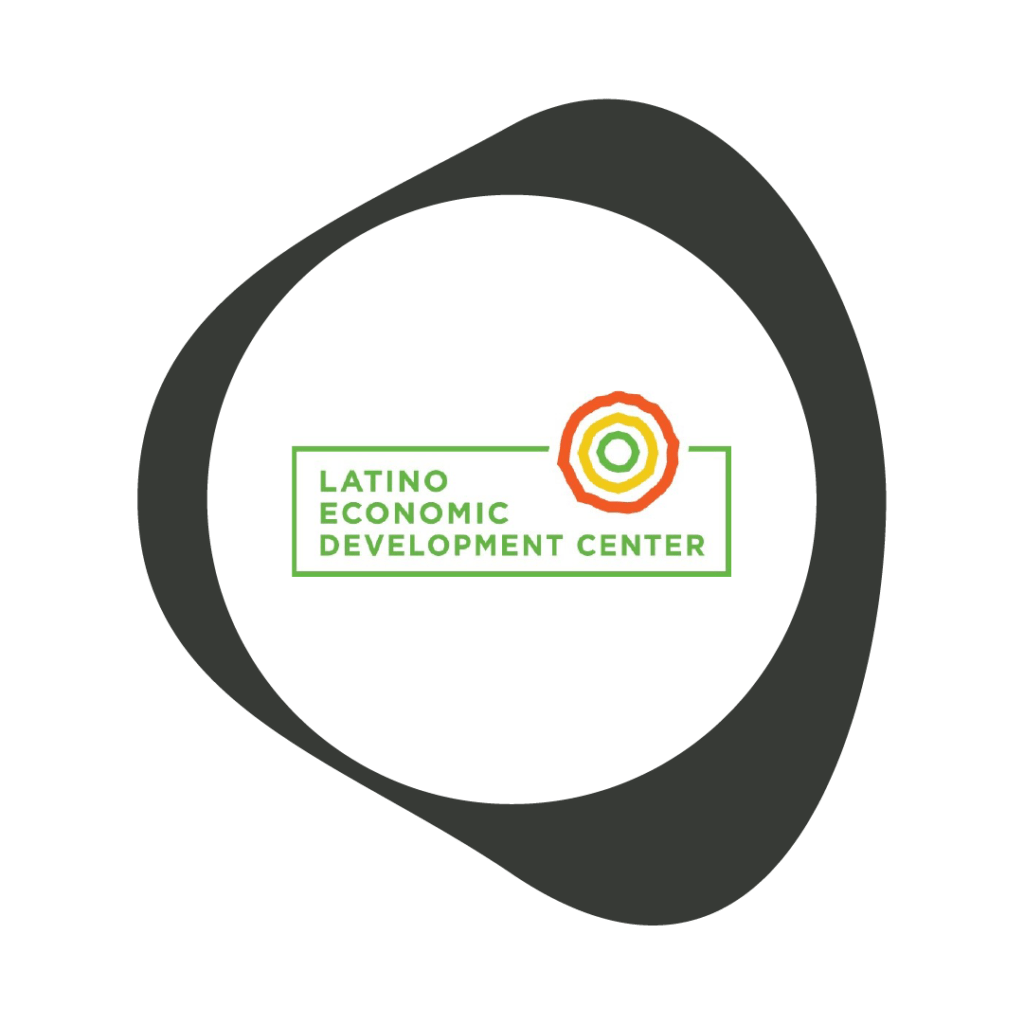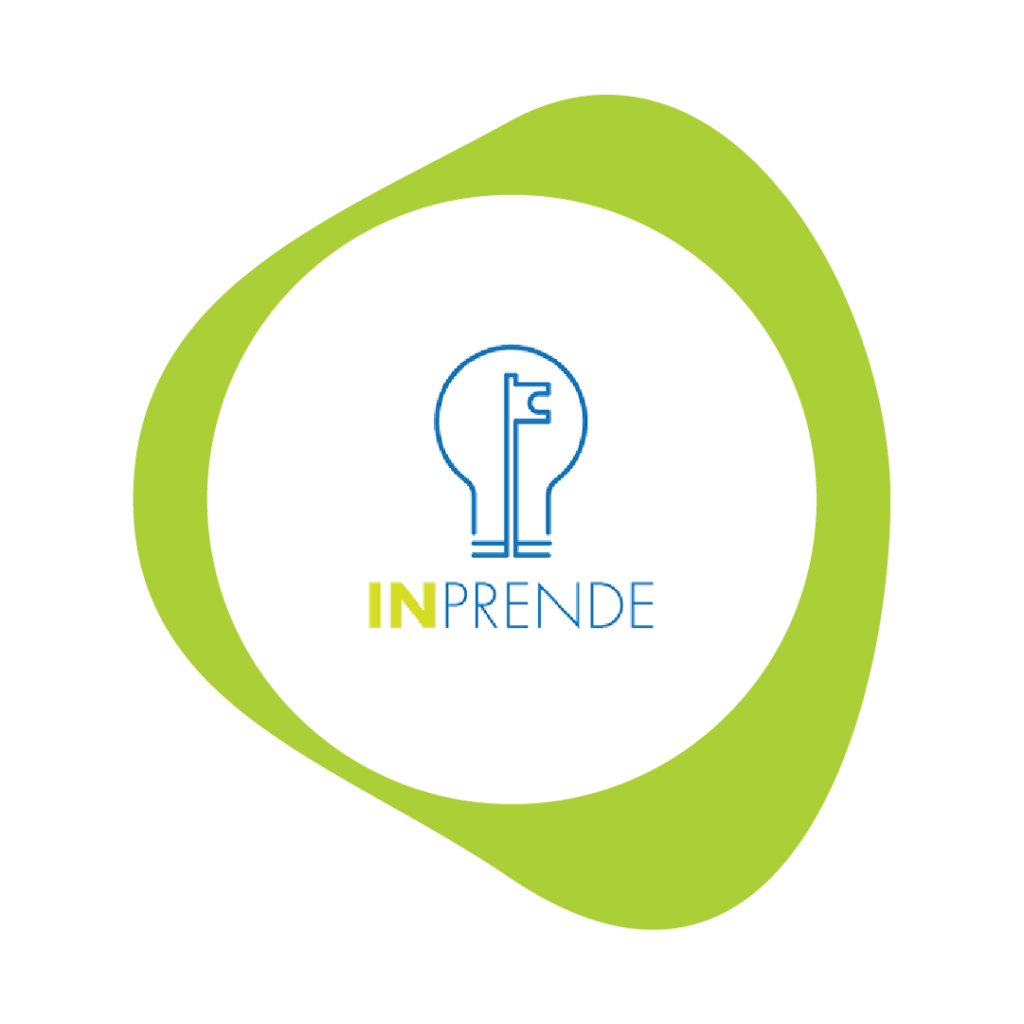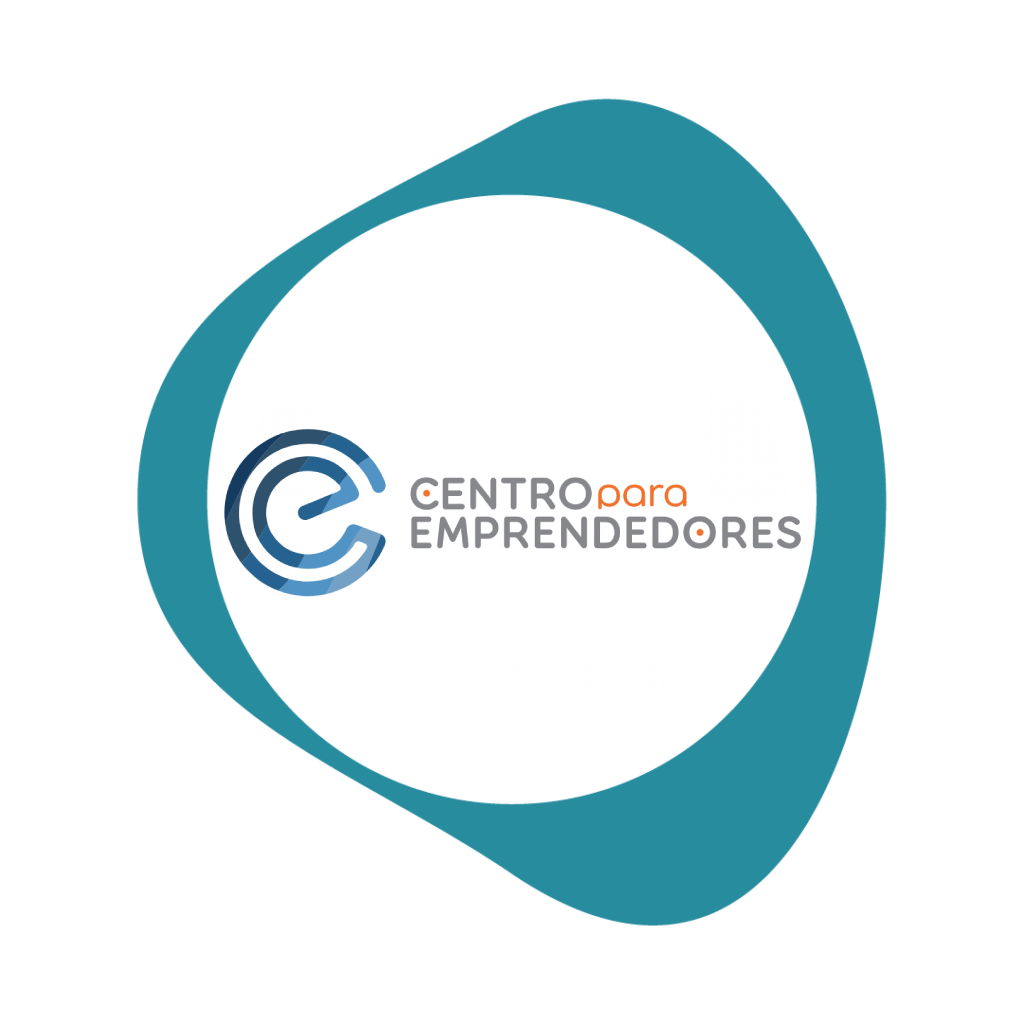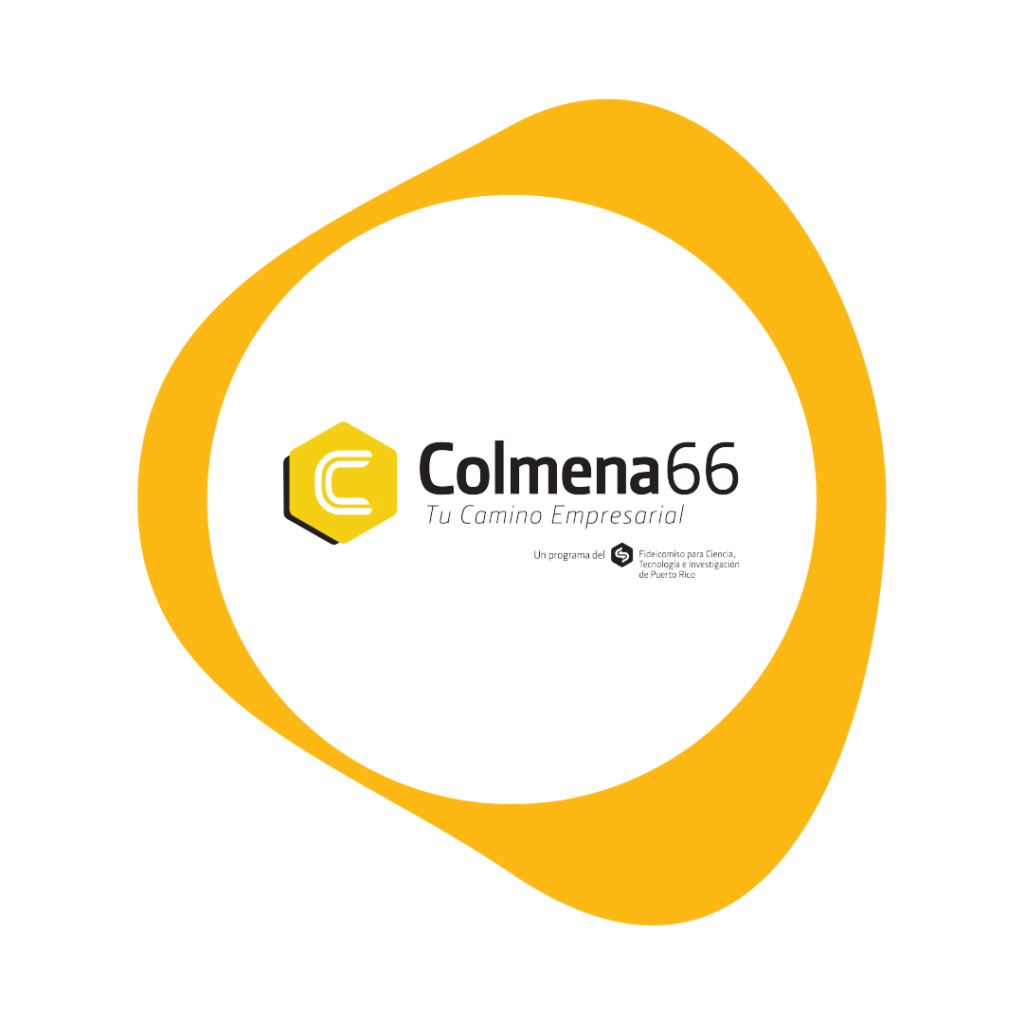Healthcare

We see a future where healthcare becomes truly personalized, proactive, and patient-centered. This is the revolution of healthcare by artificial intelligence.
-Foundation for Puerto Rico
Alleviating healthcare worker burnout: Puerto Rico is experiencing a healthcare worker shortage, with the few that remain experiencing a disproportionately high workload. This has caused long wait times and various medical areas to be unattended. The number of workers is not proportional to our population. This is increasingly worrying considering the advancing aging population. Due to this, burnout is incredibly common among the available healthcare workers. Artificial Intelligence has the potential to alleviate this problem by revolutionizing the healthcare system by improving efficiency, accuracy, and accessibility. AI can assist in early detection and diagnosis of diseases, aid in treatment planning, and enhance patient monitoring through remote care and wearable devices. It can automate administrative tasks (e.g., documentation, scheduling, record management, information retrieval, etc.), streamline workflows, optimize resource allocation, reduce healthcare costs and alleviate the burden on healthcare workers. AI-powered technologies, such as virtual assistants and chatbots, can provide basic medical information, freeing up healthcare workers to focus on more complex patient care. AI-driven decision support systems can enhance clinical decision-making, reduce errors, and improve patient outcomes. Additionally, AI-powered research and data analytics can accelerate medical discoveries and enable personalized medicine. These AI-enabled solutions have the potential to enhance the healthcare system’s efficiency, alleviate healthcare worker’s burnout, and ultimately improve patient outcomes.
Healthcare accessibility for isolated municipalities: In Puerto Rico, there are gaps in healthcare accessibility. Some municipalities, specifically those at the center of the island, have little to no access to healthcare services. Most times, they either have only one physician for the whole community, which causes long wait times, or they must commute out of their municipality to receive medical service. Telemedicine enabled by AI-powered platforms allows remote consultations, breaking down geographical barriers by providing access to medical services in these isolated areas. AI can also facilitate remote monitoring of patients’ health conditions through wearable devices and sensors, allowing healthcare providers to track and manage their health remotely. This reduces the need to commute out of their municipalities for in-person appointments. Additionally, AI-powered chatbots and virtual assistants can offer 24/7 support, providing immediate responses to basic medical inquiries and delivering healthcare information to patients at their convenience. Likewise, AI algorithms can assist in diagnosing and conducting a preliminary assessment on patients, providing access to specialized care even in areas where certain medical specialties may be scarce. Therefore, implementing AI can help reduce healthcare disparities on the island.
Ensuring Healthcare for the Aging Population: Puerto Rico has a rapidly aging population, its share of older residents being one of the largest in the world. At current rates, Puerto Rico will be disproportionately populated by older residents. This brings a myriad of concerns, specifically in the healthcare sector which can be easily overwhelmed by the large influx of older patients. AI could be the solution to this problem. AI can assist in the personalization of healthcare plans by considering the unique needs and preferences of older adults. Through AI-powered monitoring systems, the health of elderly individuals can be remotely tracked, allowing for timely intervention and proactive care. AI-based virtual assistants can offer companionship, reminders for medication and appointments, and support for daily living activities which can enhance the independence and well-being of the elderly. These options reduce the need for in-person medical services. This way, AI can ensure Puerto Rico’s elderly are taken care of despite the limitations of personnel and resources.
Drug Discovery and Development: Puerto Rico used to be a pharmaceutical manufacturing giant until companies started to leave for places with better tax incentives. The pandemic demonstrated the issues with outsourcing medical drugs and resources. This started conversations on needing to re-domesticate the health industry. Since Puerto Rico already has the necessary infrastructure, it has an advantage over other locations. With the help of AI, Puerto Rico could become once again the pharmaceutical mogul it used to be. AI can significantly shorten the time to market for new drugs by predicting their effectiveness and potential side effects. It can also identify potential therapeutic uses for existing drugs, thereby repurposing them and saving time and resources in the process.AI can be used to analyze large datasets of genetic and biochemical information to identify new drug targets. This can help to focus drug discovery efforts on promising targets, increasing the chances of success. AI can be used to design new drug molecules that are more likely to be effective and have fewer side effects. This can be done by using AI to simulate the interactions of drug molecules with target proteins. AI can be used to screen large libraries of drug candidates to identify those that are most likely to be effective. This can help to reduce the number of laboratory experiments that need to be conducted, saving time and money.
Mental Health Care: Overall, there is a mental health crisis in Puerto Rico. The uncertainty about the future, economic struggles, natural disasters, and a failing healthcare system have contributed to a worsening mental health. There’s a complex trauma within the residents that is not being properly addressed. In the field of mental healthcare, AI has the potential to revolutionize the way that people receive care. One of the most promising applications of AI in mental healthcare is virtual counselling and therapy. AI-powered chatbots can provide support and therapy to people who live in remote areas or who cannot afford traditional therapy. These chatbots can be accessed 24/7, making them a convenient and accessible option for people who need help. For example, the company Woebot offers an AI chatbot that can help people to manage their anxiety and depression. Woebot is trained on a dataset of millions of text messages, and it can use this data to provide personalized support and advice. Woebot can also track a user’s mood over time, and it can alert the user if their mood seems to be declining. Another way that AI can transform mental healthcare is by monitoring patients’ moods and emotions. AI-powered apps can be used to track a user’s mood, sleep patterns, and other factors that can affect mental health. This information can then be used to identify people who are at risk for developing mental health problems, and it can also be used to track the progress of people who are already receiving treatment. Moodpath offers an AI-powered app that can help people to track their mood. Moodpath uses a variety of methods to track mood, including facial recognition, text analysis, and surveys. This information can then be used to identify patterns in a user’s mood, and it can also be used to provide personalized advice. In addition to providing virtual counselling and therapy and monitoring patients’ moods and emotions, AI can also be used to alert professionals when intervention is needed. For example, AI-powered apps can be used to track a user’s heart rate and breathing rate. If these measurements indicate that a user is experiencing a panic attack, the app can automatically send an alert to a mental health professional.










